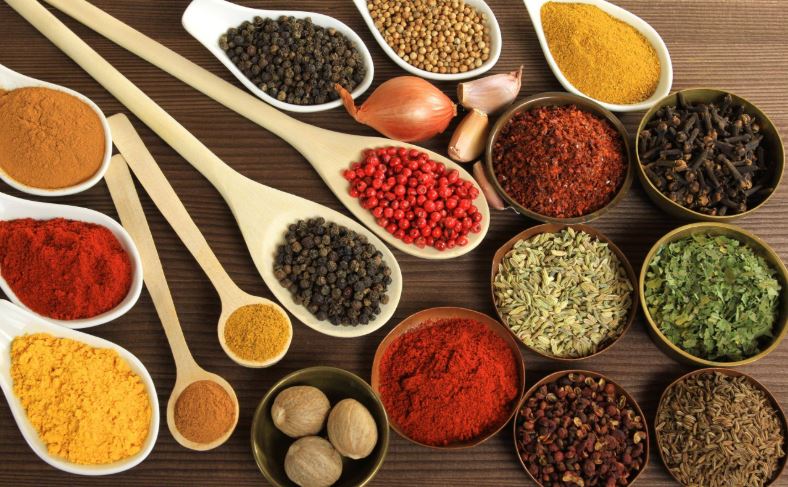×
The Standard e-Paper
Fearless, Trusted News

Kenya has the potential to save and earn billions of shillings a year if it ends its misplaced attachment to growing traditional low-value cash crops and plant spices for the local and export markets.